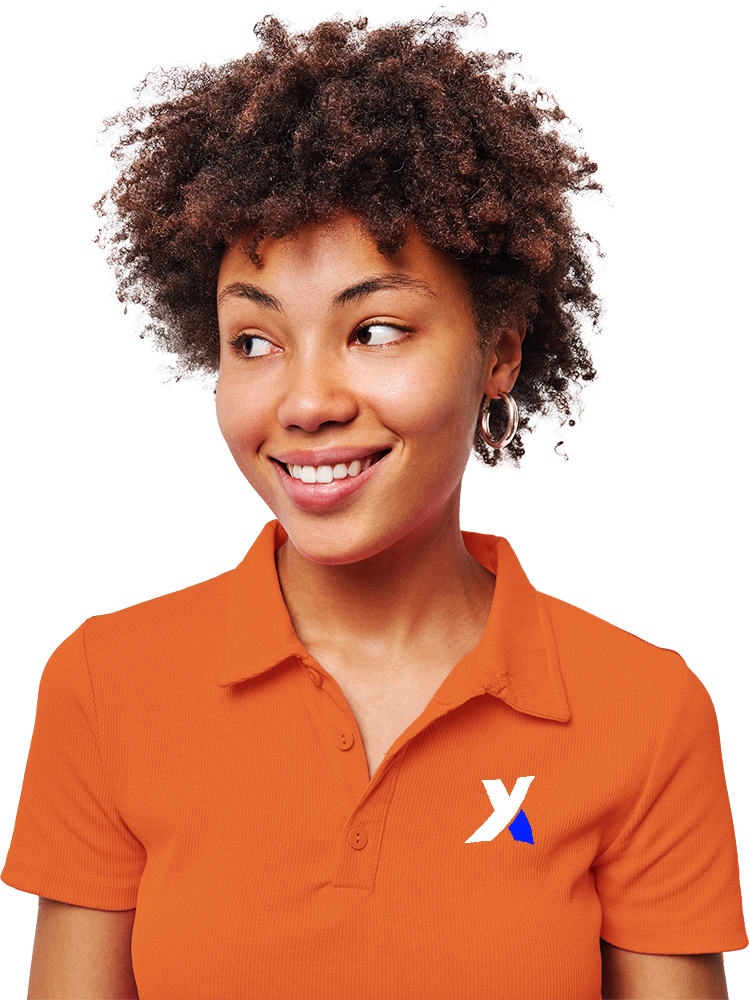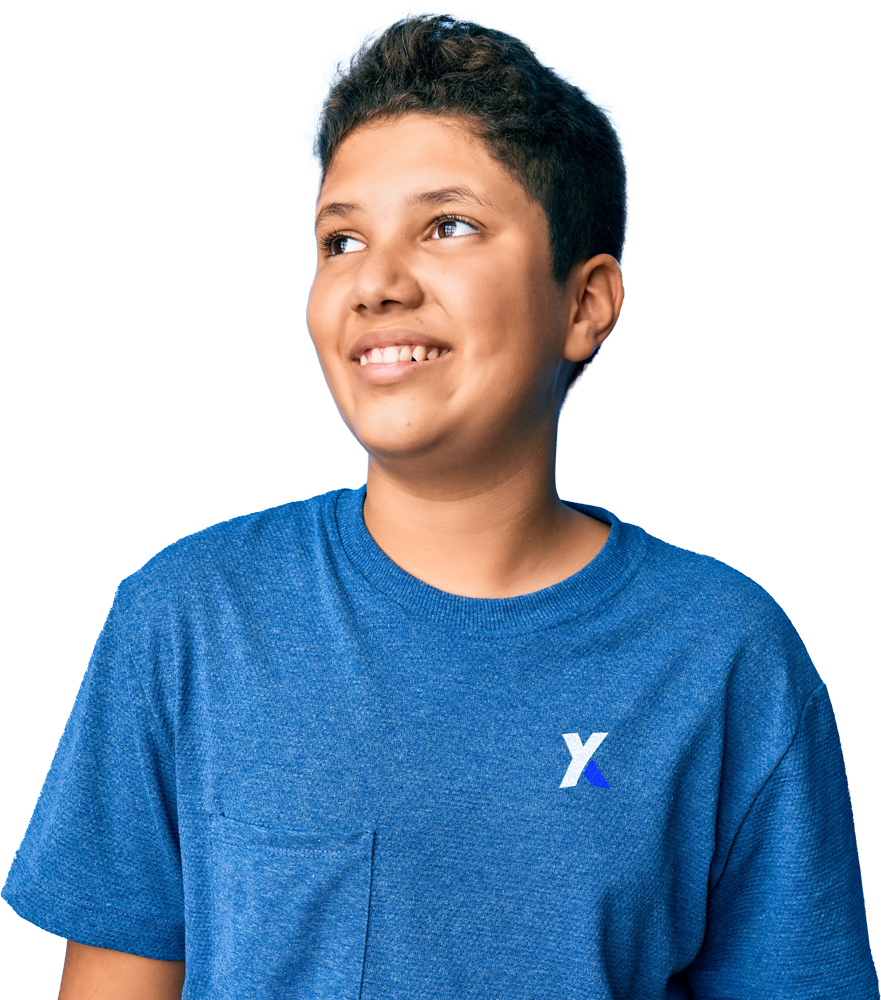Stop the Scroll: Using Social Media to Teach Safety Science
Xplorlabs is celebrating the first fellow-designed resource which encourages students to design social media campaigns focused on thermal runaway.
Middle school is typically the age where interest in science and math declines, but Xplorlabs Educator Fellow Kara Reeder understands their interests and how to catch their attention through her experience using Xplorlabs with her students.
Kara first discovered UL Research Institutes’ Xplorlabs in 2022, where she implemented safety science learning resources in her middle school classroom, experiencing significant enthusiasm and engagement from her students. In 2023, she joined the Institute for Research Experiences & Education’s inaugural cohort of Xplorlabs Educator Fellows, and continues to engage as an Xplorlabs Capstone Fellow where she collaborates to identify resources and facilitates IREE’s regional fellowship in Philadelphia. The Capstone Fellowship is for educators who have completed the yearlong Xplorlabs Educator Fellowship and choose to engage on a deeper level, codesigning experiences for educators and resources for students alongside IREE’s education specialists.
Over the last year, Kara developed a video resource to accompany the Xplorlabs: Science of Thermal Runaway pathway. The first resource created by an Xplorlabs Educator Fellow, the video allows students to act as STEM communicators and create a social media awareness campaign that educates their community on the risks of thermal runaway.
“The importance of this resource is to put an emphasis on social action, and offer students ownership and empowerment to take their safety science learnings and spread awareness in their own communities,” Kara said. “While creating PSAs isn’t new to the students, being able to pique their interest in an area they can relate to and found relevant through social media makes it unique.”
The video challenges students to think about how social media can be used to raise awareness of critical safety issues, like thermal runaway risk in lithium-ion batteries. Students are then encouraged to explore different messaging, creative designs, and outlets to spark community action to help prevent lithium-ion battery fires.
“Being able to tap into the expert knowledge of UL Research Institutes is unique, and it’s rare that we see crossover between the research community and K-12 classrooms,” Kara noted, referencing the impact the Xplorlabs Educator Fellowship has had on both her teaching and her students. The yearlong program provides professional learning experiences with leaders in education, as well as ULRI’s safety science experts.
You can find Kara’s resource “Stop the Scroll with Safety Science” on Xplorlabs’ Science of Thermal Runaway pathway.








